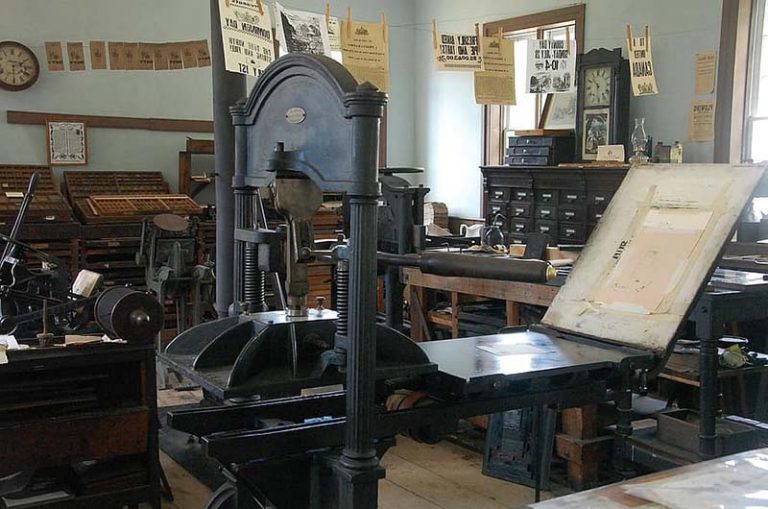This excellent summary of various theories related to the role of the state in market economies is extremely useful by providing perspectives on the forms of government regulation place on economies. Under classic liberalism, theoretically the market was the sole place for all decisions regarding investment, allocation and consumption, as governments were believed to have no place. In practice, proponents argue for minimized state intervention. However, the authors identify three major problems: inevitable downturns in the economies; the organization of mass labour movements; and, the inability to deal with severe poverty. The Great Depression of the 1920s and 1930s is one of the most dysfunctional periods for classic liberalism. As a response, Keynes suggests a role for government in developing policies related to taxes and public spending (fiscal policy) and the supply and price of money (monetary policy). This expansion of the government economic functions focused on the supply side of the economy and was a popular approach in North America in the 1960s and 1970s. Still, it was problematic as government interventions were affected by time lags, sometimes causing gross fluctuations and instability. There were also concerns about increases in employment causing spiraling inflation. Milton Friedman, godfather of neo-conservative economics of the 1980s and 1990s, provided a response to these conditions. He disputed Keynes by arguing the problem did not lie in levels of demand, but in changes with money supply. He rejected suggestions of a trade-off between inflation and unemployment, saying there was a natural level of unemployment irrespective of the rate of inflation. Governments should focus on deregulation, remove currency controls, privatize national industries and curb trade unions. Friedman’s battle cry was picked up by Robert Lucas and Robert Barro, who went even further saying government should only be concerned with human capital: skills training, knowledge and aptitude, meaning education and training.
While Marx did not directly address the role of government intervention in the economy, he does acknowledge the role of the state as being the expression of social totality, where civic and political life are indistinguishable. Later, other Marxist theorist would contribute to the discussion. Engles would argue that all social reproduction was economically determined. Althusser would contradict this, saying economic structures influence, but do not determine political structures. Other theorists would, like Miliband would say the political elite and the ruling economic class determine policy jointly, while Mises and Hayek would expound the need economic planning. This would not be the type of plans developed in communist countries, but a possible alternative where a balance could be struck between capitalism and state socialism. This was particularly popular in European economic circles. Eventually, this would become the basis for managed capitalism, where would be key economic actors, but it would also place controls on wages and prices. This took place in the Bob Rae government in the mid-1990s.
Still, problems plagued these systems. The authors detail the pitfalls of such systems, but end by suggesting there may be a new context for these discussions under the terms of governance and governmentality. Under governance, the government would provide economic management, acting as mediators between the various factions. Meanwhile, governmentality would represent a matrix of economic and social demands where governments would seek to merge social administration with economic discourse in such a way as to go beyond traditional thought and extend them out into new public-private partnerships.
First posted: 7/31/07

